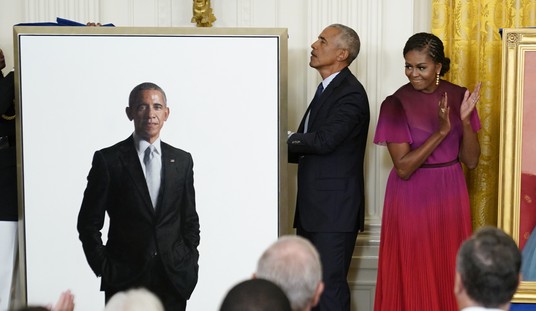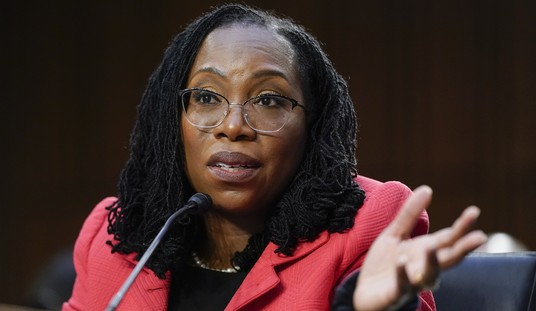http://www.youtube.com/watch?v=SGDlZZYuqgE
It is a familiar story writ small. Man meets loan. Loan eats man.
A Touro law graduate who financed his education with a $69,000 loan in 1996 says he’ll owe more than $1.5 million by the time he retires in 23 years …
Koch tells News Channel 12 the debt burden harmed his former marriage and affected his mental outlook. “When I’m 69 years old, I will have carried student loan debt for 50 years,” Koch tells the reporter.
Whenever a person’s interest payments exceed his available income trouble may arise. Question: why will the California, Greece, the EU or the Federal Government escape his fate? What does it mean to be “too big to fail”? Who bails out the lender of last resort?
Reading Walter Russell Mead suggests that the higher education bubble is part of the collapse of an even bigger bubble, what Mead calls the Blue Model. Basically the Blue Model’s uncompetitiveness destroyed the jobs which young people could aspire to. In it’s place it created the full-time job of school attendance which was not obviously related, and in fact consciously detached from the economy. It aimed to produce a species of graduate who almost stood above the need to work.
The decline of the blue social model is a subject I’ve been thinking about for the last thirty years. My first book, Mortal Splendor: The American Empire in Transition was written in the mid 1980s from the standpoint of someone who still believed that the blue model was synonymous with progress and civilization. In that book, I looked at how globalization was dismantling the social compact not just in the United States but throughout the developed world, and argued that the decline of consensual social market capitalism wasn’t just a challenge to the American domestic system. It was a challenge to America’s global leadership — the model and ideal we proposed for life under social capitalism was falling apart. …
I can still remember the feeling I had back in the early eighties when I first began to see how low wage manufacturing in the developing world plus the globalization of finance were going to rip up the social fabric I identified with progress and stability. I see many people, some on the left, some in the center, going through that kind of moment today. My first reaction, and that of many people today, was to cling tighter to the blue model as I sensed its fragility and vulnerability. But over time I’ve come to see this breakdown and the transition to something new as the next stage in the story of social and human progress, rather that as some kind of horrible return to savagery …
As the educational system grew more complex and elaborate (without necessarily teaching some of the kids trapped in it very much) and as natural opportunities for appropriate work diminished, more and more young people spent the first twenty plus years of their lives with little or no serious exposure to the world of work … The separation of learning and work was originally seen as a way to promote learning: by allowing young people to concentrate full time on learning without the “distraction” of work, they could do a better job in school …
That so many American kids spend so many years in school without learning basic, elementary school-level reading and math skills — to say nothing of the other things that in theory 12 years of formal education should teach — is a devastating critique of the way we organize this part of our lives. The sheer amount of time wasted is staggering – to say nothing of the money, effort or lost potential. People often speak of the need to revive vocational and industrial education as a way of reaching students for whom the traditional academic classroom holds little appeal; more basically, education needs to be integrated with the priorities and purposes of life as these young people experience it.
Apart from collapse of the Blue Model, which pulled the jobs rug out from under the educational system was the emergence of education as a good unto itself. Being “education” became synonymous with becoming middle-class, although the linkage between them, namely employment, was neatly excised from the picture.
It was as if an entire generation had forgotten what things were for. The means became ends in themselves until finally the ends themselves were forgotten.
http://www.youtube.com/watch?v=XkyxktjuT9o
How to Publish on Amazon’s Kindle for $2.99
The Three Conjectures at Amazon Kindle for $1.99
Storming the Castle at Amazon Kindle for $3.99
No Way In at Amazon Kindle $3.99, print $9.99










Join the conversation as a VIP Member